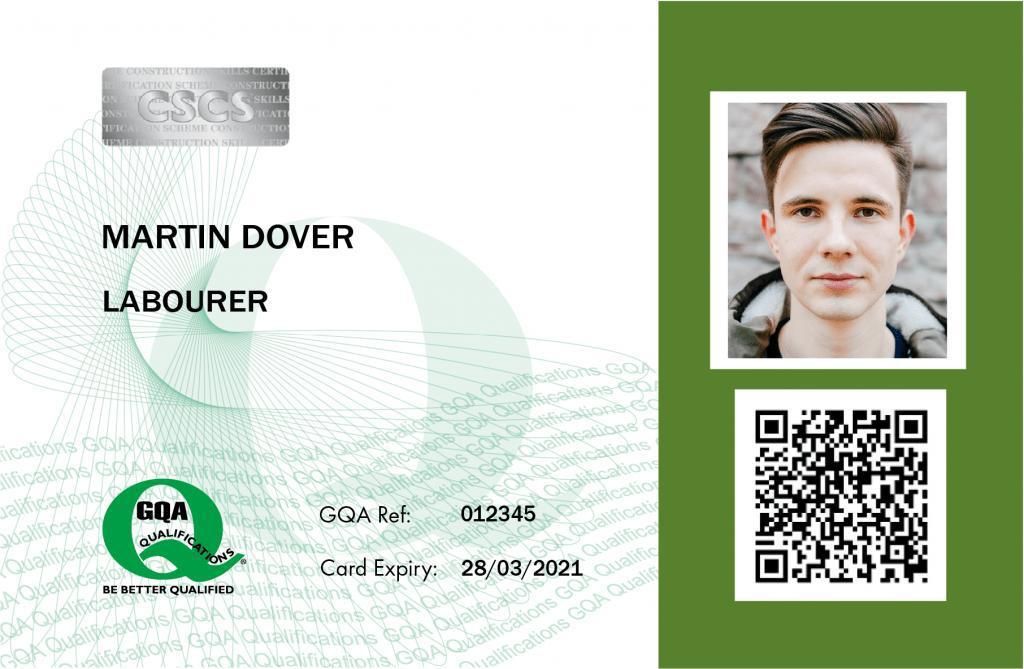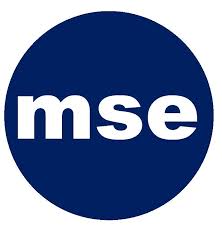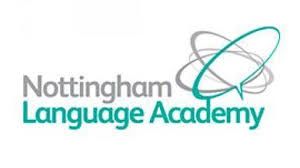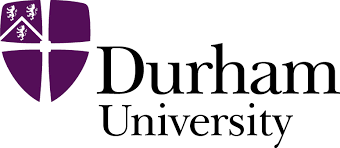
Organizational Mentoring - Creating a Knowledge Based Organization Structure
Course ID: 2507282701140EGI
Course Dates : 28/07/25 Course Duration : 5 Studying Day/s Course Location: Barcelona, Spain
Language: Bilingual
Course Category: Professional and CPD Training Programs
Course Subcategories: Operations and Process Excellence
Course Certified By: * Projacs Academy
* Professional Training and CPD Programs
Certification Will Be Issued From :
KSA
Course Fees: £4,838.34
Vat Not Included in the price. VAT may vary depending on the country where the course or workshop is held.
Click to Pay
Date has passed please contact us Sales@e-s-hub.com
Course Information
Introduction
In an era where organizations are increasingly defined by their ability to innovate and adapt, the role of knowledge as a strategic asset cannot be overstated. A knowledge-based organizational structure empowers businesses to leverage their collective expertise, fostering resilience and competitive advantage. This course delves into the principles of organizational mentoring, a critical mechanism for cultivating institutional knowledge and ensuring its seamless transfer across generations of employees. By integrating mentoring frameworks into the fabric of organizational culture, businesses can bridge gaps in expertise, enhance employee engagement, and drive sustainable growth.
One of the most pressing challenges in modern workplaces is the loss of tacit knowledge due to workforce turnover, retirements, or inadequate succession planning. For instance, a study by the Society for Human Resource Management (SHRM) revealed that 50% of organizations fail to implement effective knowledge retention strategies, leading to costly disruptions. This course addresses this gap by equipping participants with tools and methodologies to design and sustain mentoring programs that align with organizational goals. Drawing on established theories such as Nonaka’s SECI model of knowledge creation and Senge’s learning organization framework, the program provides a robust foundation for transforming knowledge into actionable insights.
The benefits of mastering organizational mentoring extend beyond individual career development to encompass broader organizational outcomes. Employees who participate in structured mentoring programs report higher job satisfaction and retention rates, while organizations experience improved performance metrics and innovation capacity. Consider the case of Deloitte, which implemented a company-wide mentoring initiative resulting in a 23% increase in employee productivity. Such examples underscore the transformative potential of mentoring when integrated into a knowledge-based organizational structure.
This course also examines the intersection of mentoring with emerging industry trends, such as remote work dynamics and digital transformation. As hybrid work models become the norm, traditional mentoring approaches must evolve to accommodate virtual interactions and asynchronous communication. Participants will explore how technologies like AI-driven analytics and collaborative platforms can enhance mentoring effectiveness, ensuring relevance in an ever-changing landscape. By blending theory with practical applications, the course prepares professionals to navigate these complexities with confidence.
Real-world scenarios further illustrate the value of this training. For example, a mid-sized manufacturing firm struggling with leadership gaps implemented a cross-generational mentoring program. Within two years, the initiative not only reduced leadership vacancies by 40% but also fostered a culture of continuous learning. These success stories highlight the tangible impact of well-designed mentoring systems on both individuals and organizations. Through this course, participants will gain the skills to replicate such achievements in their own contexts.
Ultimately, the course seeks to empower professionals to create environments where knowledge thrives as a shared resource. By fostering a culture of mentorship, organizations can unlock the full potential of their human capital, driving innovation and achieving long-term success. Whether you are an HR professional seeking to enhance talent development strategies or a leader aiming to build a resilient team, this program offers the tools and insights needed to succeed in today’s dynamic business environment.
Objectives
By attending this course, participants will be able to:
Analyze the key components of a knowledge-based organizational structure and their alignment with strategic objectives.
Design a comprehensive mentoring program tailored to specific organizational needs and challenges.
Evaluate the effectiveness of existing mentoring initiatives using evidence-based metrics and feedback mechanisms.
Apply theoretical frameworks, such as Nonaka’s SECI model and Senge’s learning organization principles, to real-world scenarios.
Implement technology-enabled solutions to enhance mentoring processes in remote and hybrid work settings.
Develop strategies for overcoming common barriers to knowledge sharing and collaboration within teams.
Synthesize best practices from case studies to create actionable plans for fostering a culture of continuous learning.
Who Should Attend?
This course is ideal for:
HR managers and talent development specialists tasked with designing and implementing mentoring programs.
Team leaders and department heads seeking to enhance team cohesion and knowledge transfer.
Organizational consultants advising clients on leadership development and change management.
Educators and trainers interested in applying mentoring principles to academic or corporate settings.
Professionals across industries—such as healthcare, finance, technology, and manufacturing—will find this course invaluable for addressing knowledge gaps and promoting organizational resilience. While prior experience in mentoring or HR is beneficial, the course is structured to accommodate beginners and intermediate learners alike, providing foundational knowledge alongside advanced applications.
Training Method
• Pre-assessment
• Live group instruction
• Use of real-world examples, case studies and exercises
• Interactive participation and discussion
• Power point presentation, LCD and flip chart
• Group activities and tests
• Each participant receives a 7” Tablet containing a copy of the presentation, slides and handouts
• Post-assessment
Program Support
This program is supported by:
* Interactive discussions
* Role-play
* Case studies and highlight the techniques available to the participants.
Daily Agenda
The course agenda will be as follows:
• Technical Session 08.30-10.00 am
• Coffee Break 10.00-10.15 am
• Technical Session 10.15-12.15 noon
• Coffee Break 12.15-12.45 pm
• Technical Session 12.45-02.30 pm
• Course Ends 02.30 pm
Course Outlines
Foundations of Knowledge-Based Organizations
Understanding the concept of a knowledge-based organization.
Key theories: Nonaka’s SECI model and Senge’s learning organization framework.
Identifying barriers to knowledge sharing and retention.
Case study analysis: Successful knowledge-based organizations.
Day 2:
Principles of Effective Mentoring
Defining mentoring vs. coaching: Clarifying roles and expectations.
Core competencies of successful mentors and mentees.
Aligning mentoring programs with organizational goals.
Workshop: Drafting a mentoring charter.
Day 3:
Designing and Implementing Mentoring Programs
Steps to design a structured mentoring program.
Matching mentors and mentees: Criteria and considerations.
Tools and technologies to support mentoring initiatives.
Group activity: Developing a pilot mentoring program.
Day 4:
Overcoming Challenges and Measuring Success
Addressing resistance to mentoring programs.
Evaluating program effectiveness using KPIs and feedback loops.
Strategies for sustaining momentum and scaling initiatives.
Panel discussion: Lessons learned from real-world implementations.
Day 5:
Advanced Applications and Future Trends
Integrating mentoring into remote and hybrid work environments.
Leveraging AI and data analytics for personalized mentoring.
Emerging trends: Cross-cultural mentoring and reverse mentoring.
Final project presentation: Presenting actionable mentoring plans.



















































